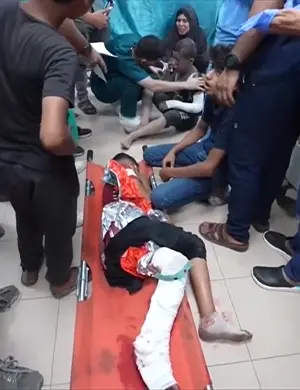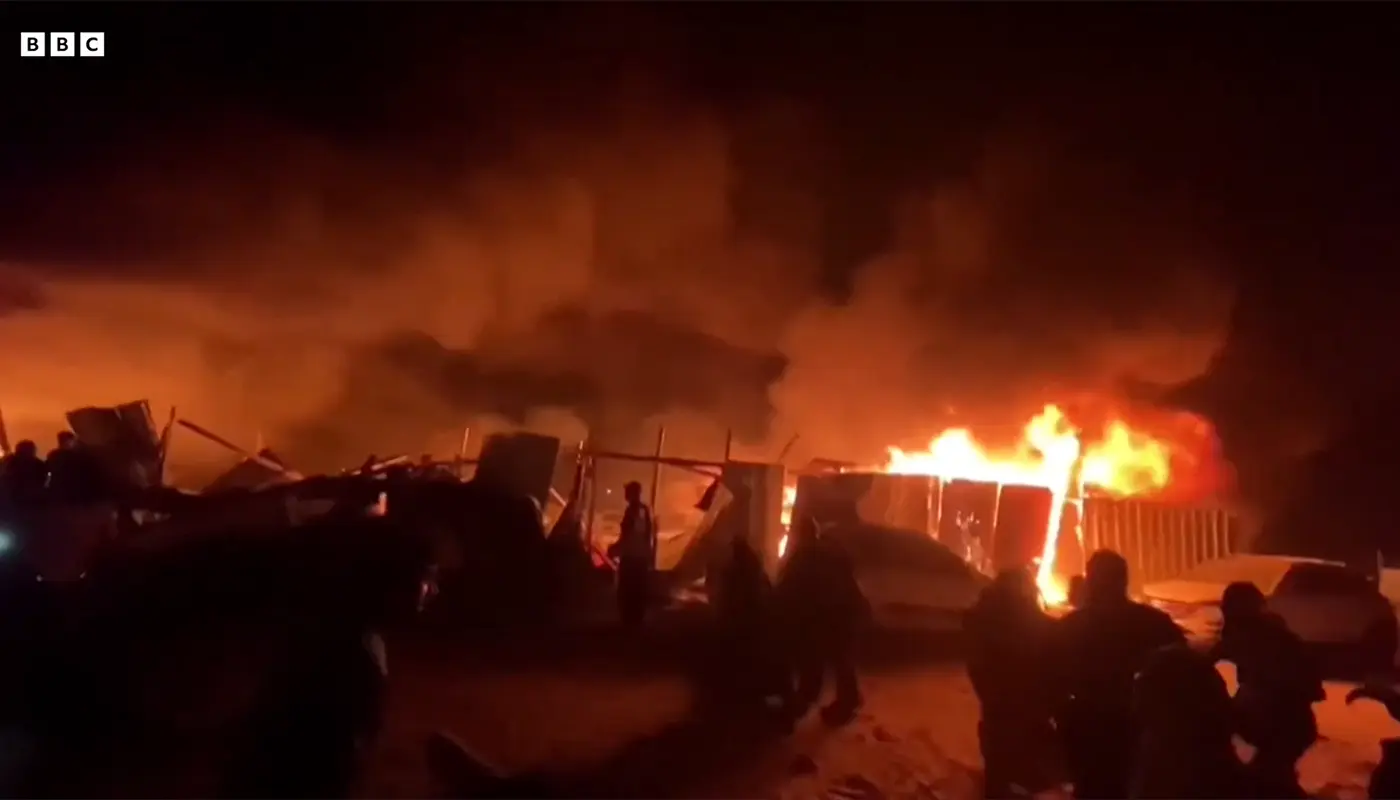Air-and artillery strikes by Israeli Defence Forces (IDF) landed upon the southern city of Rafah in the Gaza Strip on Sunday, 19 October, in retaliation to what the Israeli military described as an attack by Hamas militants on troops deployed in the area, according to Israel’s official statements.
According to the Israeli Defence Forces (IDF), the incident involved gunfire and anti-tank missile discharge aimed at an Israeli Tank near the ceasefire demarcation line in southern Gaza, prompting a forceful response targeting tunnel shafts and other alleged “terror infrastructure”.
Hamas has rejected blame for any such engagement in Rafah and reiterated its commitment to the ceasefire.
The group also warned that fresh Israeli attacks could disrupt efforts to retrieve the bodies of Israeli hostages still held under rubble.
Medical sources inside Gaza reported multiple deaths and injuries in the strikes across southern and central sectors.
Al Jazeera cited five Palestinians killed in central Gaza and two in the north following the Rafah operation, hundreds injured.
The developments threaten to undermine the U.S.–brokered truce, which came into effect on 11 October and was seen by many as a fragile truce after more than two years of war.
Israeli Prime Minister Benjamin Netanyahu convened an emergency security meeting with the military leadership and issued a directive to take “forceful action” in response to alleged violations of the ceasefire.
The Rafah border crossing with Egypt remains shut, with reopening contingent on Hamas returning the bodies of deceased Israeli hostages, according to Israeli officials.
From the Palestinian side, Gaza’s media office reported that Israel had already violated the ceasefire 47 times since its commencement, causing 38 deaths and 143 injuries among civilians, though Israeli sources dispute those numbers.


The shutdown of the Rafah border crossing is deeply affecting humanitarian access to Gaza, as it was the principal route for aid and passage into the enclave prior to Israeli control of the Gaza side.
The Palestinian authorities and international organisations have warned that the continued closure is aggravating a dire humanitarian situation.
From Israel’s perspective, the closure serves as leverage to enforce Hamas on returning the remains of hostages and on adherence to ceasefire conditions.
The next phase of the agreement involves broader issues such as Hamas disarmament, governance of Gaza and the future of the enclave.
Hamas meanwhile faced stern warnings from the United States Department of State, which stated it had “credible reports” of an imminent attack by Hamas on Palestinian civilians, a move that would constitute a “direct and grave violation” of the terms of the truce.
As the ceasefire creaks under renewed suspicion, both sides face mounting pressure: Israel from domestic hardliners calling for continued largescale military operations.
And Gaza’s population enduring the aid interruptions and increased hostilities by Israelis. The international community continues to monitor the situation, warning that the fragile ceasefire could collapse rapidly.
Sources: Al Jazeera, Reuters, The Guardian, ABC News






